Samuel Smiles, a Victorian, wrote a book called 'Self Help'. Although we can criticise this work from the standpoint of our 21st century viewpoint and knowledge, nevertheless like many self-help books it holds kernels of truth that are still relevant today.
The main point of a 'self-help' book is to give hope to the individual reading it. Perhaps the suggestions therein are a little impractical for our particular situation, maybe the cultural background of the book doesn't match our own, and possibly there are historical mind-sets that we can't really penetrate.
Nevertheless, a good self-help book will have a universal underlying theme - i.e. that we can all reach beyond our present seemingly hopeless situation. Samuel Smiles book 'Self Help' deserves to be read even today because, despite the prejudices of its period, it does have a belief in the ability of the human spirit to rise above its situation.
That isn't to say that we can't recognise that it has its limitations.


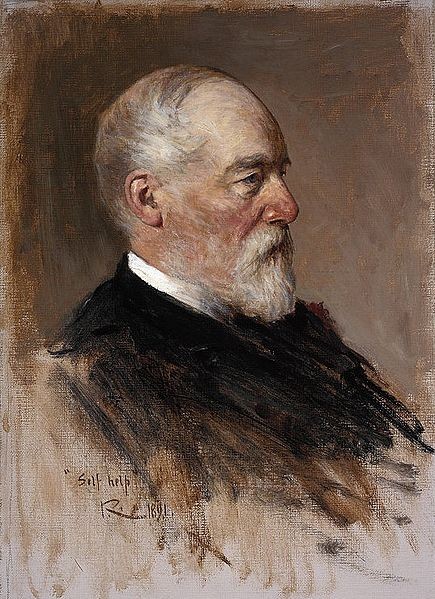


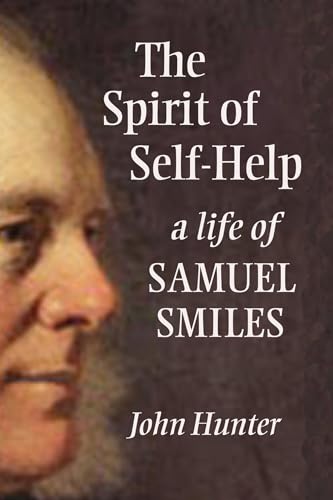


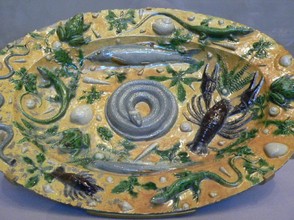
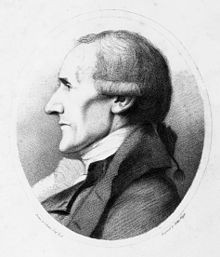
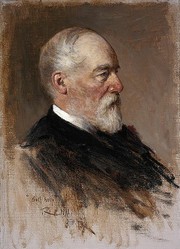

 How to Choose a Walking Cane or Stickon 08/01/2014
How to Choose a Walking Cane or Stickon 08/01/2014
 Michael Miller Fabulous Fabric Swatches for Quilting, Crafts etcon 07/02/2014
Michael Miller Fabulous Fabric Swatches for Quilting, Crafts etcon 07/02/2014
 The Drama of Life in the Rock Poolon 06/08/2014
The Drama of Life in the Rock Poolon 06/08/2014
 The Flâneur - Symbol of Modernity in 19th Century Parison 05/09/2014
The Flâneur - Symbol of Modernity in 19th Century Parison 05/09/2014

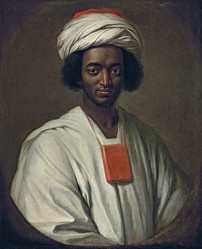
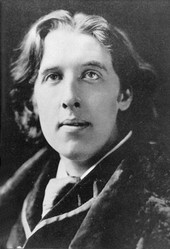
Comments
Hello Lilysnape - Thanks for your post - I'm glad you found the article interesting! :)
Very interesting article, I had never heard of him before
Mira - Hi, yes, I find Dale Carnegie a very interesting read. I guess despite their limitations they've all got something to offer! Thanks a lot for your comments.
"Smiles is a typical workaholic. The book never mentions pleasure, family or friends." Ha! Sounds very Victorian, doesn't it?
Great page, Kathleen! And yes (looking at your comment below) I'll have to read Dale Carnegie's book in its entirety. That, too, is a great read.
2uesday, thank you for your comments. I agree - he was a great influence. People like Dale Carnegie who wrote 'How to Win Friends and Influence People' which is still a top seller today are the successors of Smiles. :)